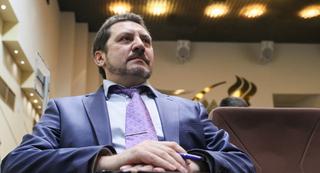
The self-proclaimed Donetsk and Luhansk republics are moving on from the wild days of economic piracy to more orderly exploitation schemes. The prospects of reintegrating the region under the Minsk accords are growing more illusory.

Fresh attempts to expose Russian “red line” deterrence as hollow—whether on the ground, in the air, or at sea—would push Moscow to defend what it cannot give up without losing its self-respect. This would almost inevitably lead to clashes and casualties, which would carry the risk of further escalation.

Aware of his new reputation as “Baku’s candidate,” Pashinyan will likely try to negotiate small victories, such as getting more prisoners of war released, and pass these off as the results of his firm position. Building on that, he will promise bigger victories soon to come, such as the transit of goods to Russia via Azerbaijan.
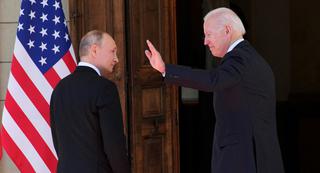
What Moscow is proposing is a renewed format of Cold War–era relations, when the two sides operated in full recognition of their obvious differences, contained each other’s expansion, and together wrote the rules needed to avoid a fatal collision.
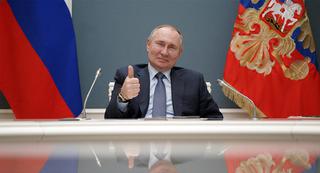
Putin will probably be interested in assessing where Biden’s real concerns lie; where the sensitive areas may be in which mutual restraint, rather than unattainable compromise arrangements, may be the best way forward for now; and how the United States might act and respond under different scenarios.

The following is based on remarks that James Acton gave to journalists on June 10, 2021 ahead of the summit between Presidents Joe Biden and Vladimir Putin in Geneva.

The Duma electoral campaign will lock in the inertia of parliamentary party dynamics. The regime will arrive at the 2024 presidential elections with a solid parliamentary majority.

The changes of 2020–2021 have proven so sweeping and profound that the Russian regime is undergoing a renaissance. Everything is now either pro-regime or anti-regime—i.e., criminal.
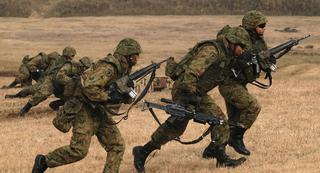
If Japan’s quiet military revolution is indeed aimed against a specific threat, then that threat issues not from Russia but from China.
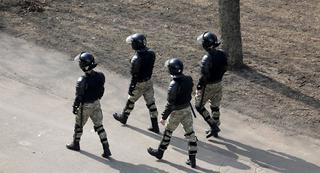
“Repression is spreading like gas in a room: as long as there’s space there, it’s going to expand.” What do the latest developments in Belarus mean for the country’s future?

It was not so long ago that the United States had military bases in the region. But now much depends on whether the advantages would outweigh the inevitable losses that Central Asian countries would sustain as a result of Moscow and Beijing’s displeasure.

Chinese and Russian online propagandists share broadly similar goals and tactics, but they still tend to work separately. Any efforts at greater coordination would have to surmount considerable barriers.

Seven years after threats were first made to cut Russia off from SWIFT, how well is Russia prepared to cope with disconnection from Western payment systems?

Russia is the only country that can truly influence the behavior of the Belarusian regime, so it’s only a matter of time before Western pressure is transferred from Minsk to Moscow.

Ukrainian President Volodymyr Zelensky sees his growing popularity as proof that he chose the right course when he gave up trying to please all the disparate groups that voted for him in 2019. He is likely to continue his anti-Russian rhetoric and sanctions against domestic enemies.
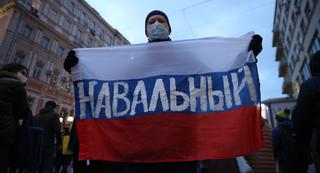
Declaring all opposition figures enemies of the state and illegal entities precludes any chance of dialogue: there might have been a place at the table for a non-system opposition activist, but not for an extremist.

The Belarusian regime has backed itself into a corner, and is now scared to ease up the pressure, fearing that if angry people are given more freedom, there could be a repetition of last August’s sweeping protests.
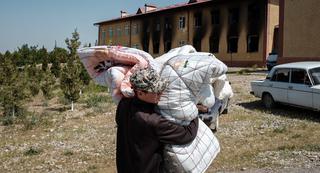
The recent escalation did not resemble a local dispute that got out of hand. Dark clouds have been gathering over the region for a long time, and the decision to embark on military action was taken at the highest level.

The Biden administration does not want conflict in the Arctic, but the potential for tension in the region depends not only on the U.S. administration, but on the actions of Russia (and China) too.
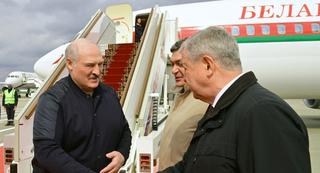
Belarus’s weakened position has not altered its traditional interests—or Minsk’s readiness to defend them. This is becoming increasingly obvious as the Belarusian regime regains control over the situation at home.